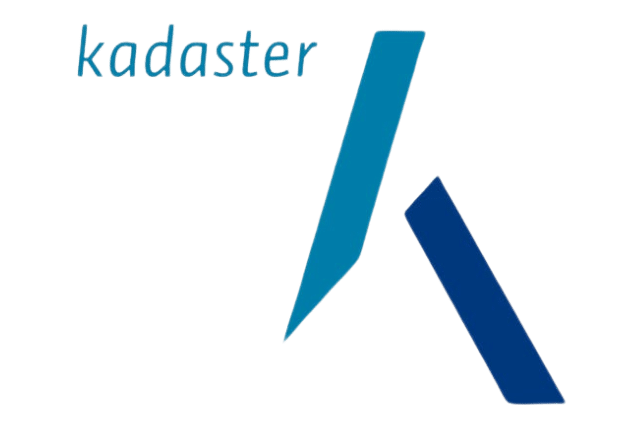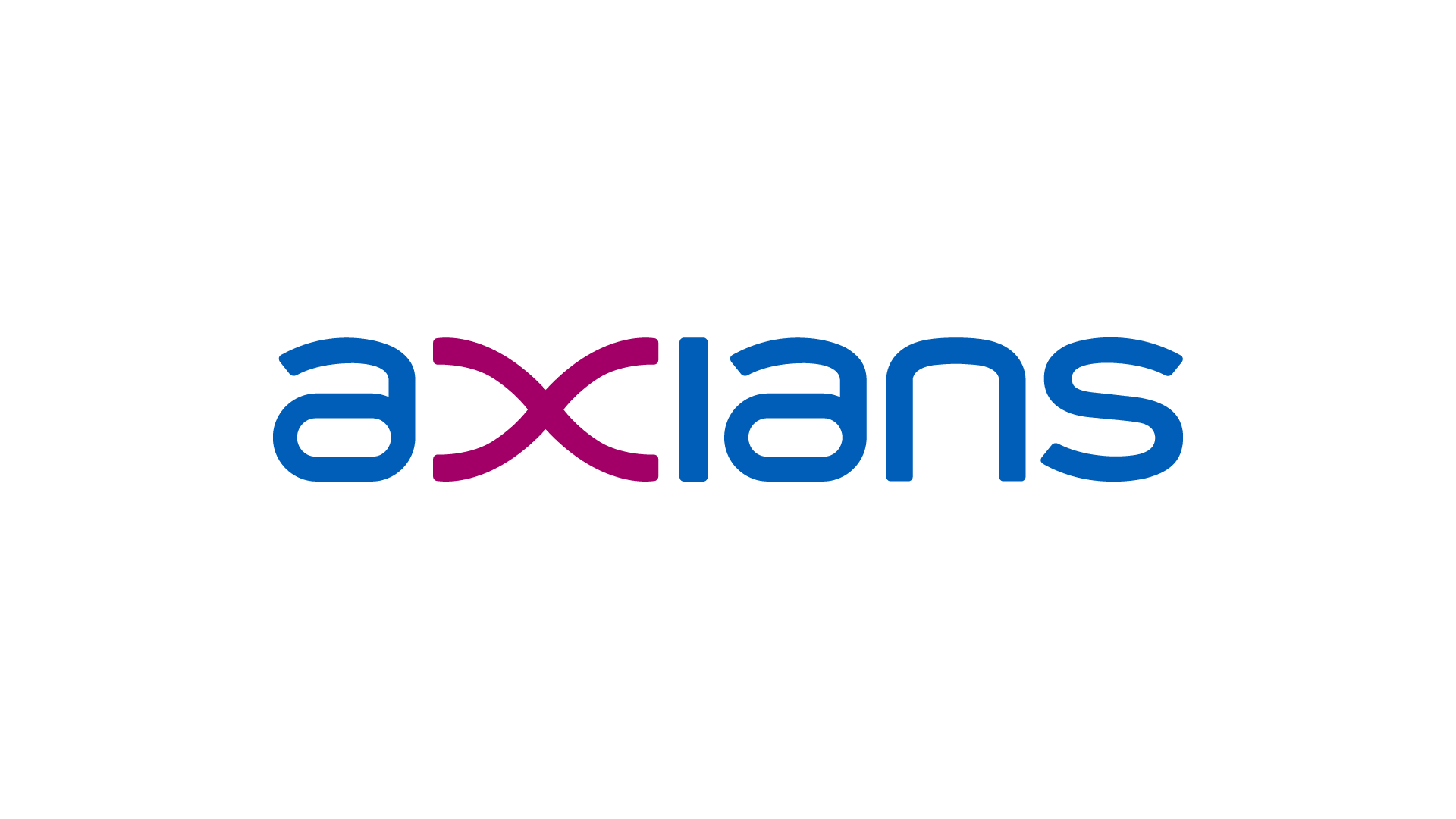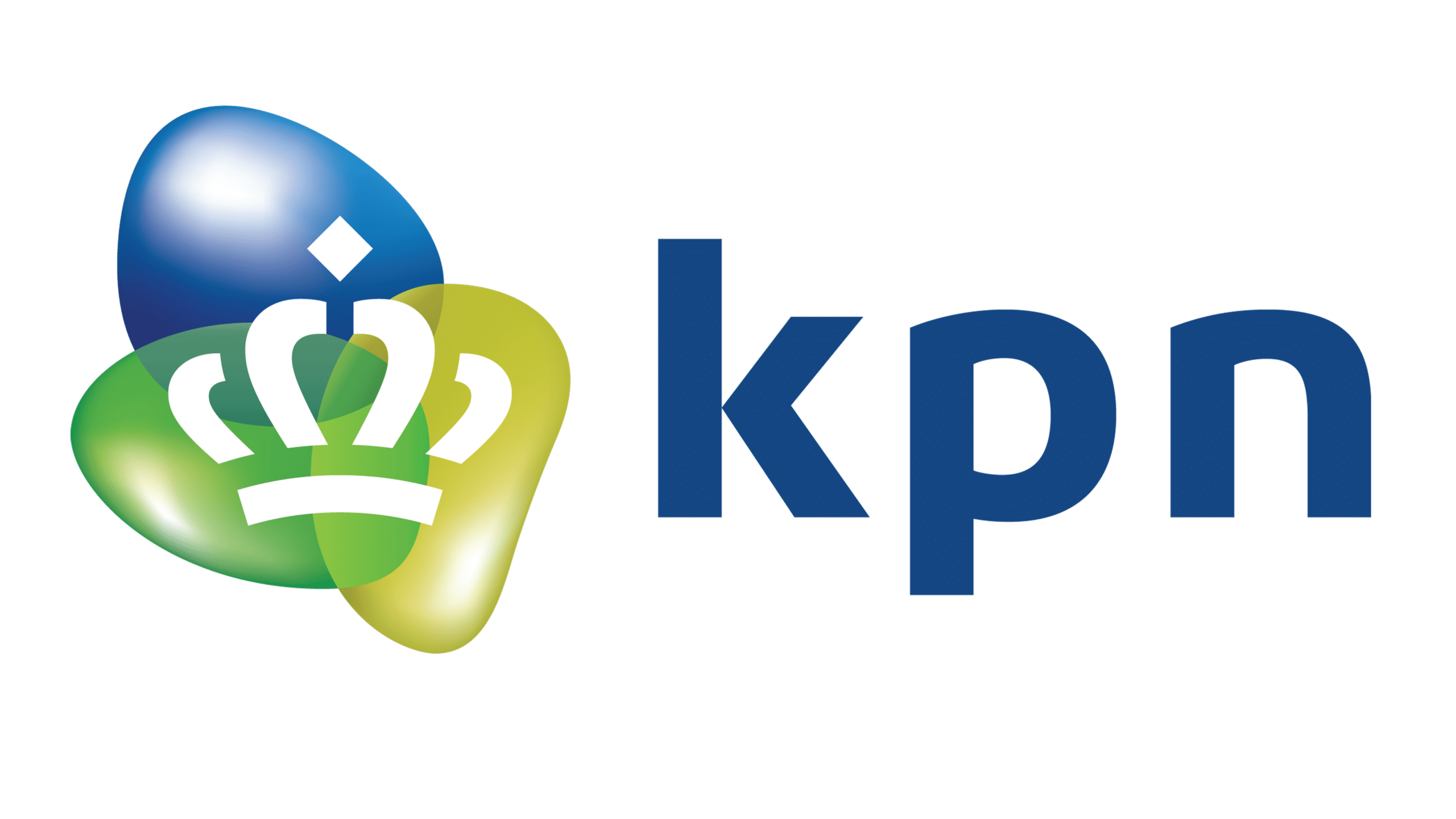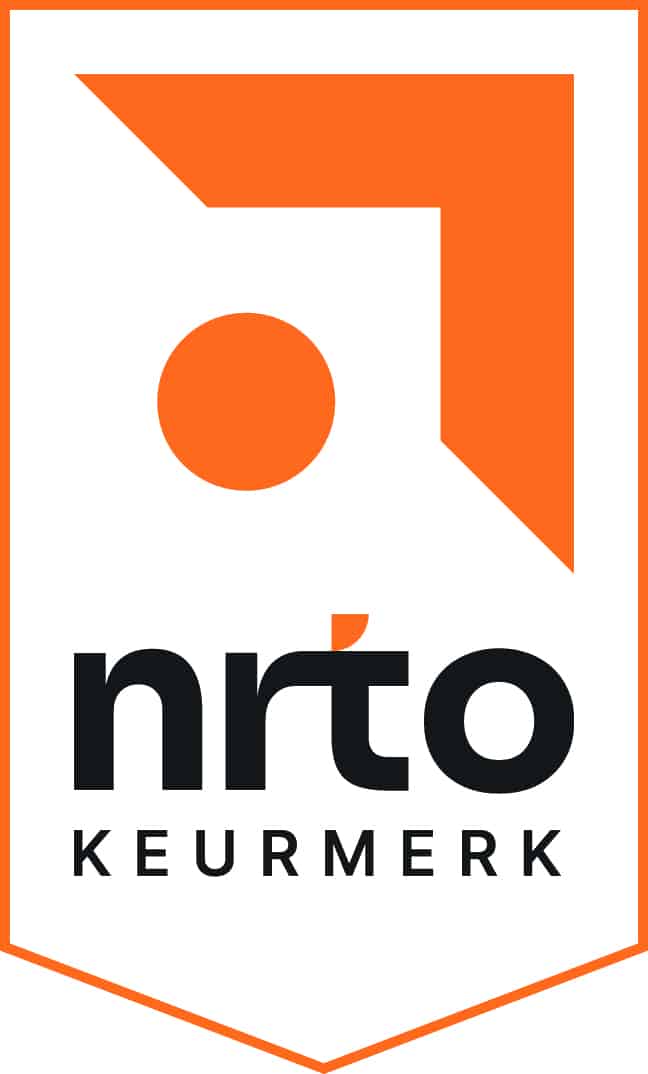Algemene omschrijving
The Microsoft Fabric Data Engineering (DP-700) E-Learning is entirely in English. As a Dutch IT training provider, we offer the information on this page in Dutch. At the bottom of the page, you will find a brief summary in English. The topics within the Microsoft Fabric Data Engineering (DP-700) E-Learning package itself are described in English.
Om toegang te krijgen tot de labomgeving heb jij een Microsoft Fabric-licentie nodig, evenals een Microsoft-schoolaccount of -werkaccount.
Data speelt een steeds grotere rol in organisaties en met de overstap naar de cloud, groeit de behoefte aan efficiënte opslag- en verwerkingsoplossingen. De Microsoft Fabric Data Engineering (DP-700) E-Learning biedt jou een diepgaande inleiding op de datadiensten binnen Microsoft Fabric, met als doel om datagestuurde oplossingen te bouwen, zoals datawarehouses en Lakehouses.
Door de Microsoft Fabric Data Engineering (DP-700) E-Learning door te nemen, zul je inzicht krijgen in Microsoft Fabric. Je leert bijvoorbeeld hoe OneLake fungeert als centrale opslagplaats binnen Microsoft Fabric en hoe jij met Dataflows Gen2, Pipelines en Notebooks data kunt laden, transformeren en combineren. Ook ontdek je hoe Lakehouses en Data Warehouses samenwerken om zowel analytische als operationele scenario’s te ondersteunen. Daarnaast leer je hoe Spark, SQL en KQL bijdragen aan batch- én real-time (gelijktijdige) gegevensverwerking binnen het Microsoft Fabric-platform.
De Microsoft Fabric Data Engineering (DP-700) E-Learning is identiek aan de DP-700 E-Learning en bestaat uit het DP-700 cursusmateriaal, een labomgeving (die 180 dagen toegankelijk is) en een DP-700 examenvoucher (die een jaar geldig is). Bij deze labs kun je de modules slechts één keer uitvoeren. Begin pas aan een module als je voldoende tijd hebt om de labopdracht af te maken.
Doelgroep
De Microsoft Fabric Data Engineering (DP-700) E-Learning is ontworpen voor professionals die zich willen verdiepen in data-engineering en gebruik willen leren maken van Microsoft Fabric voor het beheren van datawarehouses en Lakehouses.
Dit betreft met name de volgenden mensen:
- Data engineers die verantwoordelijk zijn voor het ontwikkelen en optimaliseren van data-oplossingen en met Microsoft Fabric-componenten willen leren werken, zoals dataflows, pijplijnen en lakehouses.
- Data-analisten die zich willen verdiepen in enterprise-scale data-analyse en geavanceerde technieken willen leren voor real-time gegevensverwerking.
- Business Intelligence (BI)-analisten die hun expertise uit willen breiden door te leren over schaalbare data-oplossingen en hun kennis willen verdiepen van semantische modellen en datawarehouses binnen Microsoft Fabric.
- Cloud- en databasebeheerders die verantwoordelijk zijn voor de opslag, beveiliging en verwerking van grote hoeveelheden gegevens en met lakehouses en pipelines willen leren werken.
- ICT-architecten die dataplatformen ontwerpen en implementeren en de medallion-architectuur toe willen leren passen om gegevensbeheer te optimaliseren.
- Softwareontwikkelaars die met dataverwerking werken en willen leren hoe zij data-integraties en transformaties uit kunnen voeren binnen Microsoft Fabric.
- Mensen die binnen sectoren werken waarbij schaalbare data-oplossingen essentieel zijn voor het succes van de organisatie, zoals:
- Financiën.
- Gezondheidszorg.
- Detailhandel.
- Productie.
- ICT.
Wat is inbegrepen
Met de Microsoft Fabric Data Engineering (DP-700) E-Learning zul je praktische inzichten krijgen om Microsoft Fabric effectief in te zetten voor het implementeren en beheren van een datawarehouse en een Lakehouse. Naast de mogelijkheid voor zelfstudie zul je de gelegenheid krijgen om te oefenen met praktische labopdrachten om de opgedane kennis in praktijk te brengen.
Hier is een overzicht van de inhoud van de Microsoft Fabric Data Engineering (DP-700) E-Learning:
- DP-700 cursusmateriaal
- Na aanschaf kun jij in jouw eigen tempo het DP-700 cursusmateriaal doornemen.
- Praktische labopdrachten
- Verkrijg 180 dagen lang toegang tot een interactieve labomgeving waarin realistische situaties worden nagebootst. Hiervoor heb je een Microsoft Fabric-licentie en een Microsoft-schoolaccount of -werkaccount nodig.
- Bij deze labs kun je de modules slechts één keer uitvoeren. Begin pas aan een module als je voldoende tijd hebt om de labopdracht af te maken.
- DP-700 examenvoucher
- Met een DP-700 examenvoucher kun je het DP-700 examen afleggen en de DP-700 certificering behalen. Een DP-700 examenvoucher is een jaar geldig.
Voorkennis
Voordat je begint met de Microsoft Fabric Data Engineering (DP-700) E-Learning, raden wij aan dat jij beschikt over de volgende kennis en vaardigheden:
- Ervaring met data-analyse.
- Kennis van databases.
- Vertrouwdheid met clouddiensten, zoals Microsoft Azure.
Onderwerpen
DP-700 | Module 1: Een datawarehouse implementeren met Microsoft Fabric
- Aan de slag met datawarehouses in Microsoft Fabric.
- Beschrijving van datawarehouses in Fabric.
- Inzicht in het verschil tussen een datawarehouse en een data Lakehouse.
- Werken met datawarehouses in Fabric.
- Feittabellen en dimensies binnen een datawarehouse maken en beheren.
Lab: Gegevens analyseren in een datawarehouse
- Gegevens laden in een Microsoft Fabric datawarehouse.
- Strategieën voor het laden van gegevens in een datawarehouse in Microsoft Fabric.
- Een gegevenspijplijn bouwen om een datawarehouse in Microsoft Fabric te laden.
- Gegevens laden in een datawarehouse met behulp van T-SQL.
- Gegevens laden en transformeren met dataflow (Gen 2).
Lab: Gegevens laden in een datawarehouse in Microsoft Fabric
- Een datawarehouse in Microsoft Fabric bevragen.
- SQL-query-editor gebruiken om een datawarehouse te bevragen.
- De werking van de visuele query-editor verkennen.
- Verbinding maken met en query’s uitvoeren op een datawarehouse met SQL Server Management Studio.
Lab: Een datawarehouse bevragen in Microsoft Fabric
- Een Microsoft Fabric datawarehouse monitoren.
- Capaciteitsgebruik monitoren met de Microsoft Fabric Capacity Metrics-app.
- Huidige activiteiten in het datawarehouse monitoren met dynamische beheerviews.
- Querytrends monitoren met query-inzichten.
Lab: Een datawarehouse monitoren in Microsoft Fabric
- Een Microsoft Fabric datawarehouse beveiligen.
- Principes van het beveiligen van een datawarehouse in Microsoft Fabric begrijpen.
- Gevoelige informatie afschermen met dynamische gegevenmaskering.
- Rij-niveau beveiliging configureren voor gedetailleerde toegangscontrole.
- Kolom-niveau beveiliging implementeren om gevoelige gegevens te beschermen.
- Gedetailleerde machtigingen configureren met T-SQL.
Lab: Een datawarehouse beveiligen in Microsoft Fabric
DP-700 | Module 2: Gegevens opnemen met Microsoft Fabric
- Gegevens opnemen met Dataflows Gen2 in Microsoft Fabric.
- De mogelijkheden van Dataflows in Microsoft Fabric beschrijven.
- Dataflow-oplossingen maken om gegevens op te nemen en te transformeren.
- Een Dataflow opnemen in een pijplijn.
Lab: Een Dataflow Gen2 maken en gebruiken in Microsoft Fabric
- Processen en gegevensbeweging orkestreren met Microsoft Fabric.
- Pijplijnmogelijkheden in Microsoft Fabric beschrijven.
- De activiteit "Gegevens kopiëren" gebruiken in een pijplijn.
- Pijplijnen maken op basis van vooraf gedefinieerde sjablonen.
- Pijplijnen uitvoeren en monitoren.
Lab: Gegevens opnemen met een pijplijn
- Aan de slag met Real-Time Intelligence in Microsoft Fabric.
- Microsoft Fabric biedt Real-Time Intelligence mogelijkheden waarmee je realtime stroomgegevens kunt vastleggen, analyseren, visualiseren en verwerken.
Lab: Real-Time Intelligence in Fabric verkennen
- Realtime eventstreams gebruiken in Microsoft Fabric.
- Bronnen en bestemmingen instellen in Microsoft Fabric Eventstreams.
- Gegevens vastleggen, transformeren en routeren met Microsoft Fabric Eventstreams.
Lab: Realtime gegevens opnemen met Eventstream in Microsoft Fabric
- Werken met realtime gegevens in een Microsoft Fabric eventhouse.
- Een eventhouse maken in Microsoft Fabric.
- Realtime gegevens bevragen met behulp van Kusto Query Language (KQL).
- Materiële weergaven en opgeslagen functies maken in een KQL-database.
Lab: Werken met gegevens in een Microsoft Fabric eventhouse
DP-700 | Module 3: Een Lakehouse implementeren met Microsoft Fabric
- Inleiding tot end-to-end analytics met Microsoft Fabric.
- End-to-end analytics in Microsoft Fabric beschrijven.
- Aan de slag met Lakehouses in Microsoft Fabric
- Kernfuncties en mogelijkheden van Lakehouses in Microsoft Fabric beschrijven.
- Een Lakehouse maken.
- Gegevens opnemen in bestanden en tabellen binnen een Lakehouse.
- Lakehouse-tabellen bevragen met SQL.
Lab: Een Microsoft Fabric Lakehouse maken
- Apache Spark gebruiken in Microsoft Fabric.
- Spark configureren in een Microsoft Fabric-werkruimte.
- Geschikte scenario’s voor Spark-notebooks en Spark-taken identificeren.
- Spark-dataframes gebruiken om gegevens te analyseren en te transformeren.
- Spark SQL gebruiken om gegevens in tabellen en weergaven te bevragen.
- Gegevens visualiseren in een Spark-notebook.
Lab: Gegevens analyseren met Apache Spark
- Delta Lake-tabellen gebruiken in Microsoft Fabric.
- Delta Lake en delta-tabellen in Microsoft Fabric begrijpen.
- Delta-tabellen maken en beheren met Spark.
- Delta-tabellen optimaliseren.
- Spark gebruiken om gegevens in delta-tabellen te bevragen en te transformeren.
- Delta-tabellen gebruiken met Spark Structured Streaming.
Lab: Delta-tabellen gebruiken in Apache Spark
DP-700 | Module 4: Real-Time Intelligence implementeren met Microsoft Fabric
- Realtime dashboards maken met Microsoft Fabric.
- Een realtime dashboard maken in Microsoft Fabric.
- Geavanceerde functies van realtime dashboards gebruiken.
- Best practices voor realtime dashboards toepassen.
Lab: Aan de slag met realtime dashboards
DP-700 | Module 5: Een Microsoft Fabric-omgeving beheren
- Continue integratie en continue levering (CI/CD) implementeren in Microsoft Fabric.
- CI/CD definiëren en beschrijven hoe dit in Fabric wordt geïmplementeerd.
- Versiebeheer en Git-integratie implementeren.
- Implementatiepijplijnen gebruiken om het implementatieproces te automatiseren.
Lab: Implementatiepijplijnen implementeren in Microsoft Fabric
- Activiteiten in Microsoft Fabric monitoren.
- Monitoringsconcepten toepassen in Microsoft Fabric.
- Monitoring Hub gebruiken in Microsoft Fabric.
- Acties activeren met Activator in Microsoft Fabric.
Lab: Fabric-activiteit monitoren in de Monitoring Hub
- Gegevensbeveiliging in Microsoft Fabric beheren.
- Het machtigingsmodel in Microsoft Fabric beschrijven.
- Werkruimte- en itemmachtigingen configureren.
- Gedetailleerde machtigingen toepassen.
English Summary
The Microsoft Fabric Data Engineering (DP-700) E-Learning offers a comprehensive introduction to Microsoft Fabric Data Services, covering key components such as OneLake, Dataflows Gen2, Pipelines, Notebooks, Lakehouses, and Data Warehouses. You will learn how to design and build data-driven solutions using Fabric’s integrated architecture for both batch and real-time data processing.
The Microsoft Fabric Data Engineering (DP-700) E-Learning is identical to the DP-700 E-Learning and includes the DP-700 course materials, hands-on labs (accessible for 180 days), and a DP-700 exam voucher (valid for one year), preparing you for the Microsoft Certified: Fabric Data Engineer Associate certification and real-world data engineering projects.
To access the labs you need a Microsoft Fabric license and a Microsoft school or work account. You can only access each module in these labs once. Only start a module if you have sufficient time to complete the lab.


























